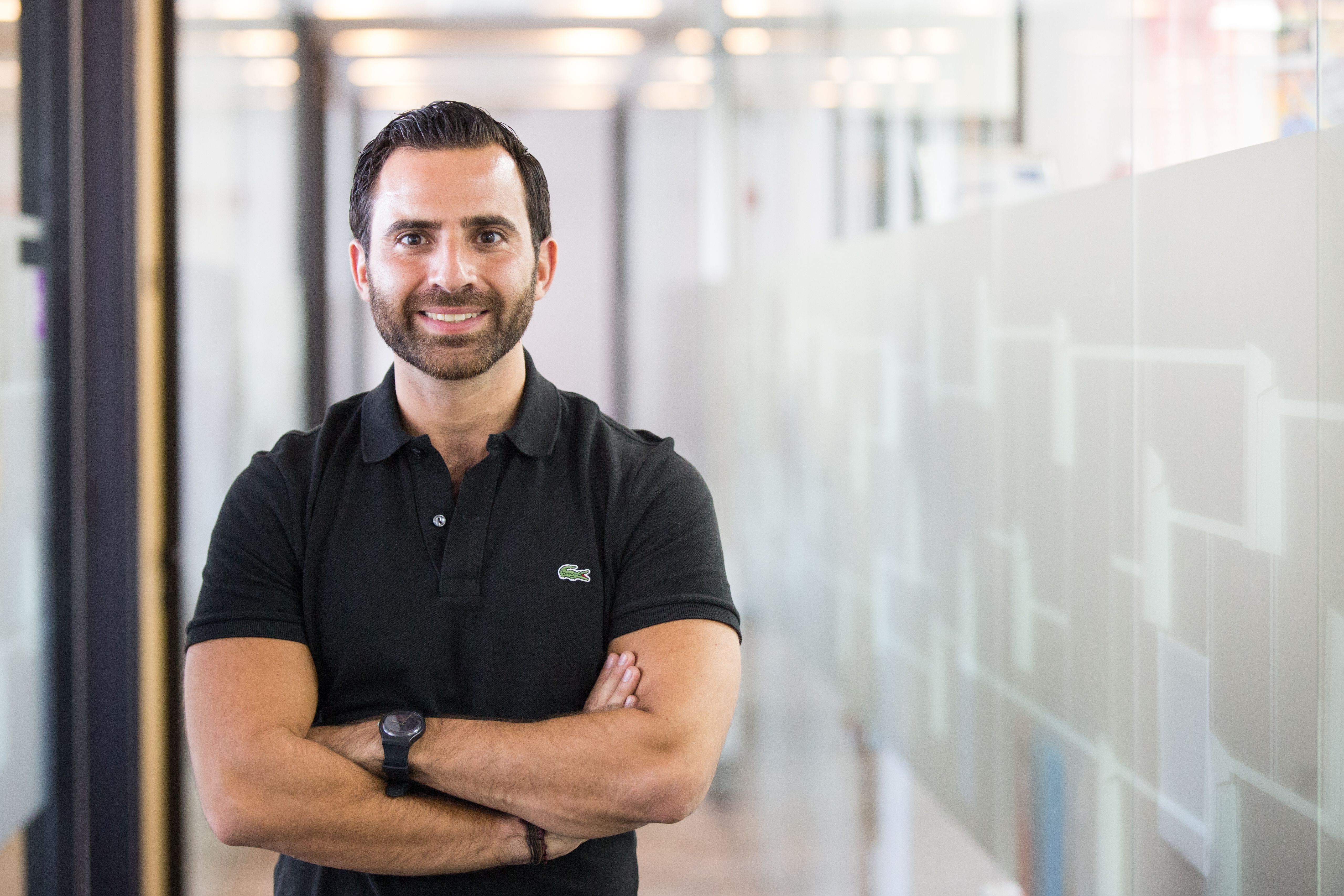Philip Bahoshy, CEO of MAGNiTT

Philip Bahoshy, CEO of MAGNiTT
Given your expertise in venture capital, how is the UAE’s real estate sector uniquely positioned to attract venture capital—particularly in proptech—compared to other emerging markets? What macroeconomic or regulatory trends are driving this momentum?
The UAE's real estate and construction market has been volatile over the past five years. While it saw a funding peak in 2022, driven by EMPG’s $200M, it was back to its normal ranges between 2023 and 2024. In 2024, there was a notable rise in non-MEGA activity (investments smaller than $100M) in deals and funding, which rose by 129% and 84% YoY, respectively. Several factors contribute to the UAE’s real estate market trends, such as the UAE's active digitalization of real estate transactions, the continued international and regional interest in the Real Estate Market in the Emirates, and 100% foreign ownership in real estate facilitates global prop-tech startups entering the market. Government-linked investors (ADQ, Mubadala, and Dubai Future District Fund) increasingly fund prop-tech startups, reducing VC risk.
Investment Insights: From MAGNiTT’s analytics, what under-the-radar opportunities in UAE real estate should investors prioritise? For instance, are niche areas like sustainable urban development or AI-driven property management gaining traction among startups?
The UAE market's real estate and construction activity saw interest across diverse subsectors in 2023 and 2024. While equipment renting saw a single deal worth $30M in 2024, facility management saw a more diverse activity with $5M across five deals. The concentration of deals and funding, however, came from the property marketplace, which saw $29M across eight deals as well as the Venture Debt investment which was a notable transaction into Property Finder. In 2025, the subindustry also recorded a $5M single deal.
Future Innovation: The UAE has ambitious smart-city visions like Dubai 2040. How can venture capital play a catalytic role in bridging the gap between cutting-edge technologies and traditional real estate frameworks?
Between 2020 and 2024, the real estate and construction sector posted a 5Y CAGR of 28% in deal activity and 103% in non-MEGA funding. As the UAE develops the ambitions of smart city visions like Dubai 2024, VC will continue to fuel PropTech innovation, including AI-driven property management, blockchain-based real estate transactions, and IoT-powered smart buildings. While traditional real estate firms may still be hesitant to adopt new technologies due to high initial costs and implementation risks, VC captures early-stage risk, allowing startups to scale solutions before broader industry adoption. VC-backed startups can partner with established developers (e.g., Emaar, Aldar) to test and integrate smart city solutions.
Ecosystem Collaboration: You’ve worked closely with governments and corporates to cross-pollinate ecosystems. How might public-private partnerships accelerate venture inflows into UAE real estate, particularly for projects aligned with national agendas like net-zero targets?
The UAE’s real estate sector is playing a core role in national priorities, including sustainability, digital transformation, and economic diversification. Public-private partnerships play an essential role in attracting venture capital by aligning government-backed initiatives with private-sector innovation. Several initiatives and approaches can be followed to accelerate the regulatory sandboxes (e.g., ADGM & DIFC frameworks) and provide safe environments for PropTech startups to test blockchain, AI, and sustainable construction solutions. Entities like SVC, ADQ, and Mubadala can co-invest with VCs, reducing risk and increasing investor confidence in emerging technologies. Furthermore, the UAE’s net-zero policies drive demand for green buildings, smart grids, and energy-efficient retrofitting, creating clear investment opportunities for VCs. At the same time. Government-backed real estate projects (e.g., Masdar City, The Sustainable City) provide living testbeds where startups can pilot green construction, smart metering, and AI-powered urban planning solutions. Government-led accelerators (e.g., Hub71, Dubai Future Foundation) facilitate partnerships between corporate real estate players and VC-backed startups, ensuring smooth technology adoption. Furthermore, large UAE developers can co-develop projects with startups, ensuring VC funding translates into real-world deployment.
Closing Remarks – RISE Initiative: Lastly, the UAE’s RISE event aims to position the region as a global innovation hub. How crucial is venture capital data in shaping scalable, data-driven real estate solutions for this vision? What’s your bold prediction for this sector in the next five years?
As the UAE continues to position itself as a global innovation hub through initiatives like RISE, VC data retains its importance as a strategic enabler in shaping scalable, data-driven real estate solutions, as real-time VC data like the one we have at MAGNiTT provides insights into where capital is flowing—highlighting high-growth segments like PropTech, AI-driven real estate analytics, and sustainable infrastructure. This allows investors to use deal trends, valuations, and sector performance data to assess the scalability of startups tackling key industry challenges. Like any other industry in the spotlight, transparent VC investment data reassures international investors about the UAE’s real estate innovation pipeline, attracting LPs, sovereign funds, and private equity. With the growth data revealing in the sector, venture capital will be at the forefront of the growth of the real estate sector, which will continue its growth trajectory, expanding further into VC-backed blockchain PropTech, which will drive instant cross-border property investments, unlocking liquidity and support real estate access.
To know more about Magnitt, visit www.magnitt.com
Want to get involved at RISE 2026? Secure your stand and join our exciting line-up of exhibitors.
)
)
)
)
)
)
)
)
)
)
)
)